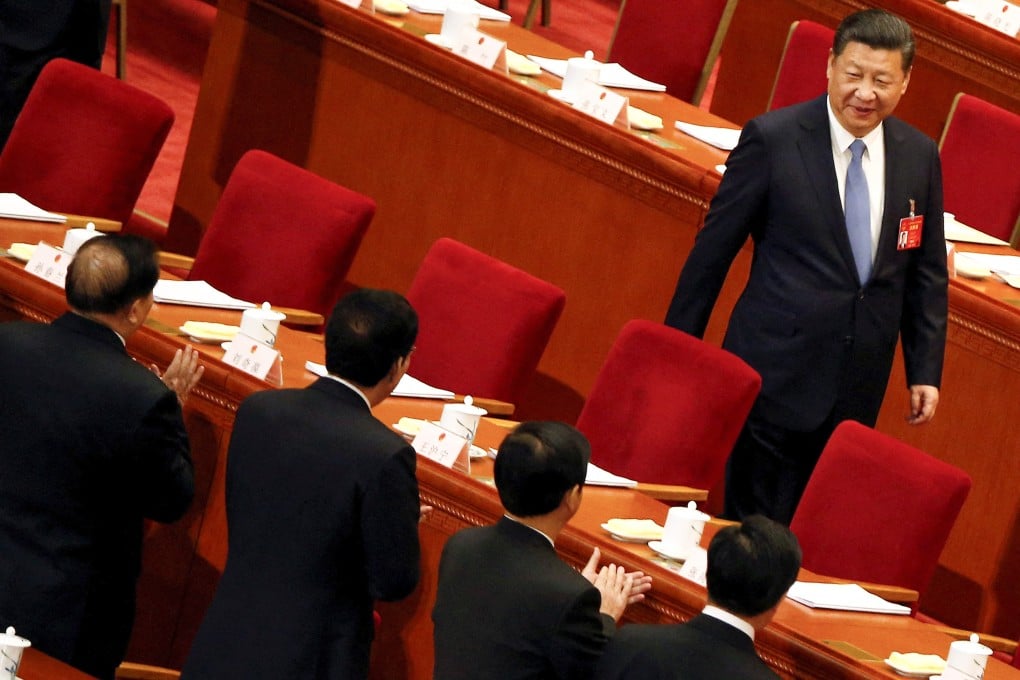Advertisement
China’s Xi Jinping to further consolidate power with changes to Communist Party constitution
- Coming national party congress expected to approve constitutional amendments to elevate President Xi’s status to China’s “core” leader
- Party’s constitution to further embrace Xi’s ruling philosophy, map out policy directions
3-MIN READ3-MIN
24

During China’s 20th Communist Party congress, the party’s constitution will be amended once again, a process that is expected to further elevate the status of President Xi Jinping, who is set to secure a third term as the party’s leader.
The constitution, the highest level binding document for China’s ruling party, has been amended at every congress since the party’s founding in 1921 to reflect changes in direction of leadership.
It is understood the process to update the document began months ago and will be officially endorsed at the congress, which begins on Sunday.
These amendments are considered crucial since the document spells out some of the most important guidelines followed by the party. It also enshrines the political theories of all the party’s top leaders – from Mao Zedong to Xi Jinping.
Advertisement
In 1982, for example, a revision in the constitution explicitly declared that the party forbade any type of cult of personality.
It also defines, in somewhat vague terms, the power of various party bodies up to the general secretary, who, according to the constitution, is responsible for convening the meetings of the Politburo and the seven-member Politburo Standing Committee.
Advertisement
Advertisement
Select Voice
Select Speed
1.00x